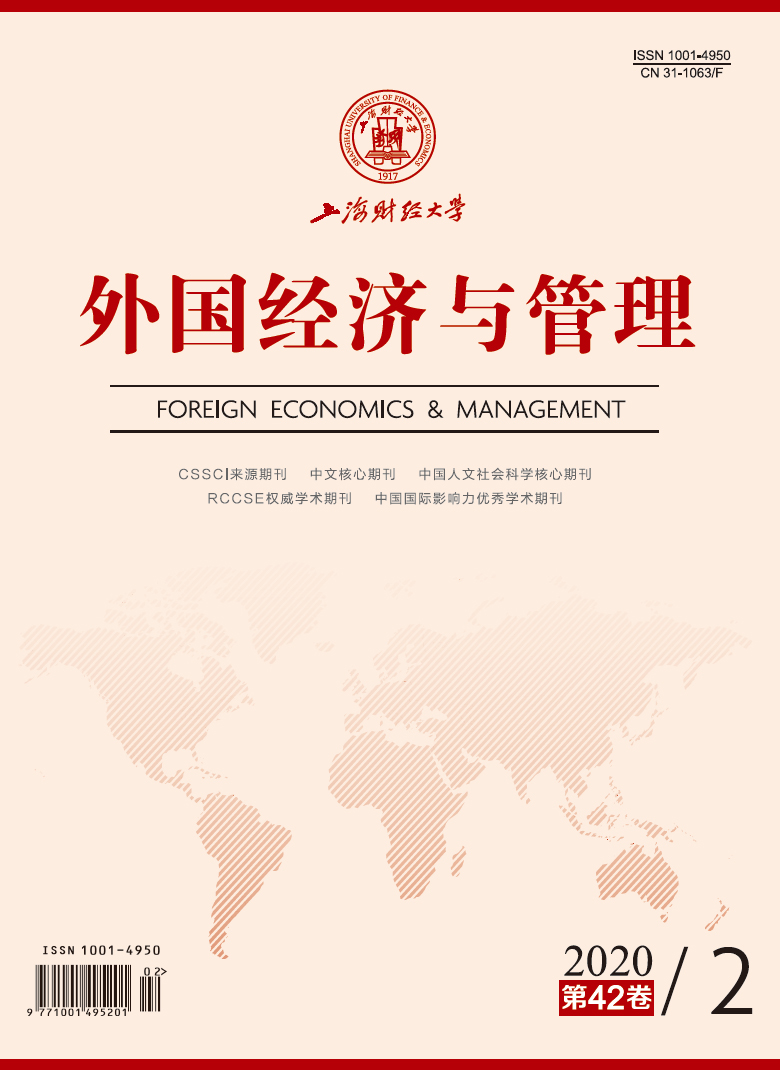In the context of China’s economic development having entered the new normal, it has become an important task to improve the efficiency of enterprise human capital allocation to deepen the supply-side structural reform. However, existing literature focuses on firms’ capital investment efficiency but ignores the labor investment efficiency. Moreover, early literature mainly studies the excessive employment in state-owned enterprise due to government intervention and the distortion of enterprise operation and management activities due to the strengthening of labor protection in Labor Contract Law of 2008. But improving firms’ labor investment efficiency fundamentally depends on the market playing a decisive role in resource allocation. As an innovation of the capital market trading system, the margin trading and short selling system implemented in China in 2010 is increasingly playing the role of market price discovery for the increase of stock price information content and corporate governance for the improvement of financial reporting quality, which will undoubtedly significantly promote firms to optimize the allocation of human capital and improve the labor investment efficiency. Therefore, this paper studies the impact of short selling on firms’ labor investment efficiency. We find that firms’ labor investment efficiency improves after the relaxation of short selling constraint. And this phenomenon is more significant for firms with low stock price informativeness or financial reporting quality. Further, there is an asymmetry for the improved labor investment efficiency, that is, only firms’ labor under-investment not labor over-investment is reduced. This asymmetry results from Labor Contract Law, which increases labor protection and makes it difficult to fire employees and reduce labor investment to achieve the optimal level justified by economic fundamentals. And short selling reduces labor under-investment by releasing financial constraint and managerial slack. In addition, short selling helps these under-investment firms allocate more employees with high human capital and eventually achieve higher total factor productivity. Overall, these findings not only enrich the research in the fields of enterprise investment decision, the influencing factors of labor investment efficiency, and the economic consequences of short selling, but also have important implications on how to give full play to the decisive role of market mechanism innovation in the allocation of labor resources, so as to enhance total factor productivity and promote sustained and healthy economic and social development in the current supply-side structural reform.
 / Journals / Foreign Economics & Management
/ Journals / Foreign Economics & ManagementForeign Economics & Management
JIN Yuying, Editor-in-Chief
ZhengChunrong, Vice Executive Editor-in-Chief
YinHuifang HeXiaogang LiuJianguo, Vice Editor-in-Chief
Can the Relaxation of Short Selling Constraint Improve Firms’ Labor Investment Efficiency?
Foreign Economics & Management Vol. 42, Issue 02, pp. 84 - 96 (2020) DOI:10.16538/j.cnki.fem.20190703.002
Summary
References
Summary
Chen Huili, Liu Feng. The governance roles of margin trading: A perspective of earnings management[J]. Accounting Research, 2014, (9): 45-52.
[2] Chen Shenglan, Ma Hui. Short selling pressure and corporate M&A: A quasi-natural experimental evidence from short selling deregulation[J]. Management World, 2017, (7): 142-156.
[3] Chu Jian, Fang Junxiong. Margin-trading, short-selling and the deterioration of crash risk[J]. Economic Research Journal, 2016, (5): 143-158.
[4] Jin Qinglu, Hou Qingchuan, Li Gang, Xie Yaxi. Deregulation on short sale constraint, corporate investment and valuation[J]. Economic Research Journal, 2015, (10): 76-88.
[5] Kong Dongmin, Xiang Junyi, Dai Yunhao. Labor investment efficiency,property rights and stock returns[J]. Journal of Financial Research, 2017, (3): 145-158.
[6] Li Zhisheng, Chen Chen, Lin Bingxuan. Does short selling improve price efficiency in the Chinese stock market? Evidence from natural experiments[J]. Economic Research Journal, 2015, (4): 165-177.
[7] Liu Yuanyuan, Liu Bin. Employment protection legislation, cost stickiness, and corporate response[J]. Economic Research Journal, 2014, (5): 63-76.
[8] Quan Xiaofeng, Yin Hongying. Chinese short selling mechanism and corporate innovation: A natural experiment from Chinese margin trading program[J]. Management World, 2017, (1): 128-144.
[9] Zeng Qingsheng, Chen Xinyuan. State stockholder, excessive employment and labor cost[J]. Economic Research Journal, 2006, (5): 74-86.
[10] Ben-Nasr H, Alshwer A A. Does stock price informativeness affect labor investment efficiency?[J]. Journal of Corporate Finance, 2016, 38: 249-271.
[11] Ferreira D, Ferreira M A, Raposo C C. Board structure and price informativeness[J]. Journal of Financial Economics, 2011, 99(3): 523-545.
[12] Jung B, Lee W J, Weber D P. Financial reporting quality and labor investment efficiency[J]. Contemporary Accounting Research, 2014, 31(4): 1047-1076.
[13] Karpoff J M, Lou X X. Short sellers and financial misconduct[J]. The Journal of Finance, 2010, 65(5): 1879-1913.
[14] Li Y H, Zhang L D. Short selling pressure, stock price behavior, and management forecast precision: Evidence from a natural experiment[J]. Journal of Accounting Research, 2015, 53(1): 79-117.
[15] Massa M, Zhang B H, Zhang H. The invisible hand of short selling: Does short selling discipline earnings management?[J]. The Review of Financial Studies, 2015, 28(6): 1701-1736.
Cite this article
Chu Jian, Fang Junxiong. Can the Relaxation of Short Selling Constraint Improve Firms’ Labor Investment Efficiency?[J]. Foreign Economics & Management, 2020, 42(2): 84-96.
Export Citations as:
For
ISSUE COVER
RELATED ARTICLES




 , 1
, 1 10247
10247  5706
5706

